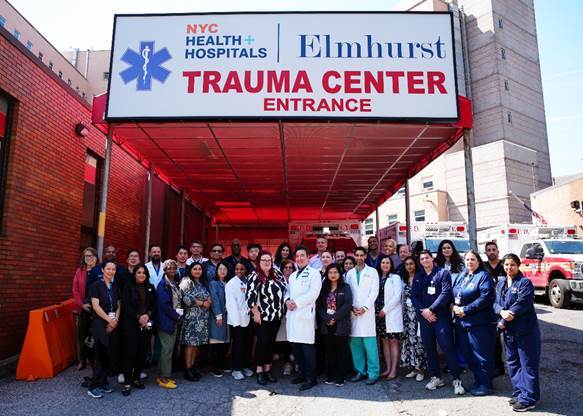Our parents and grandparents do have sex! There, I’ve said it. Love and sex are as normal and natural for older adults as they are in early adulthood. Sadly, our culture has continuously promoted the idea that love and sex are only for the young. The only thing age has to do with sexual performance is that the longer you love, the more you learn. There is no age at which sexual activities, thoughts or desires must end, although the way in which sexuality is expressed may change. Sex doesn’t necessarily get better or worse with aging; it’s just different.
Aging is a complex process that involves factors such as cultural, ethnic and gender differences, and is unique to each individual. Sexuality, an individual’s view of being attractive as a sexual partner, is one of the least understood aspects of aging.
We think our parents are too old to; we think our kids are too young to; our kids think we are too old to; so, who in the heck is supposed to? The best response is everyone who wants to experience positive, ongoing sexuality throughout the life cycle. Love, sexual intimacy and sexuality are matters that help define us and often contribute to how well we will continue to live and age.
An essential part of psychological well being for mature adults is their interest in and ability to express their sexuality regardless of physical or mental health. For married couples or partners, love and a sexual turn-on do not occur just because of outer beauty. For an older couple, years of loving one another are a turn-on in itself that often provides emotional security, the ability to depend upon and trust one another, as well as mutual respect and admiration. Sexuality becomes an affirmation of a lifetime of shared experiences and memories: it is a way of expressing love. Aren’t these the same ingredients valued at any age?
Myths fed by misinformation surround late-life sexuality. The presumption is that older people do not have sexual desires and are physically incapable of making love even if they wanted to. The religious and socio-cultural context in which many older adults were raised and the prevailing stereotypes, misconceptions and jokes about old age and sexuality have negatively influenced society’s attitudes about love and sex. Our ideas about aging and sexual intimacy as we grow older are outdated, based on outdated models.
The effect of the Senior Boom in America has created a population who, with the gift of longevity and the added years it brings, will be redefining the style and purpose of those later years of life for themselves that include love and sex. We have an opportunity to throw away the negative myths and stereotypes of aging that have included love and sexuality and reinvent a life stage that provides meaning, structure and purpose rather than acceptance, inflexibility and withdrawal.
This cohort is a driving force in liberating later-life love and sexuality first as advocates for their parents and soon for the more than 78 million swelling their ranks. This cohort also got everything right but the drugs, i.e., civil rights and women’s rights and helped create a societal environment of entitlement and choice.
The Baby Boomers reached adulthood when safe, effective contraceptive methods became widely accepted and accessible. A more open-minded attitude about sex compounded by the sheer number of people in this group suggests that the subject of sexual intimacy will be prominent in the lives of older married couples and partners as well as for their families, potential care providers and society at large.
Enhanced knowledge and healthy attitudes toward sexuality can help dispel negative myths and stereotypes about sexual needs and feelings in later life, and help promote the perception that full sexual expression is part of the entire extent of adulthood.
Nieli Langer, PhD, is the author of Love & Sex: Are We Ever Too Old?!? (Amazon.com) which includes photos of older couples, cartoons, selected poetry about sexuality and couplehood, an aging and sexuality survey, and reviews of books and films that have celebrated late-life love and sexuality.



































